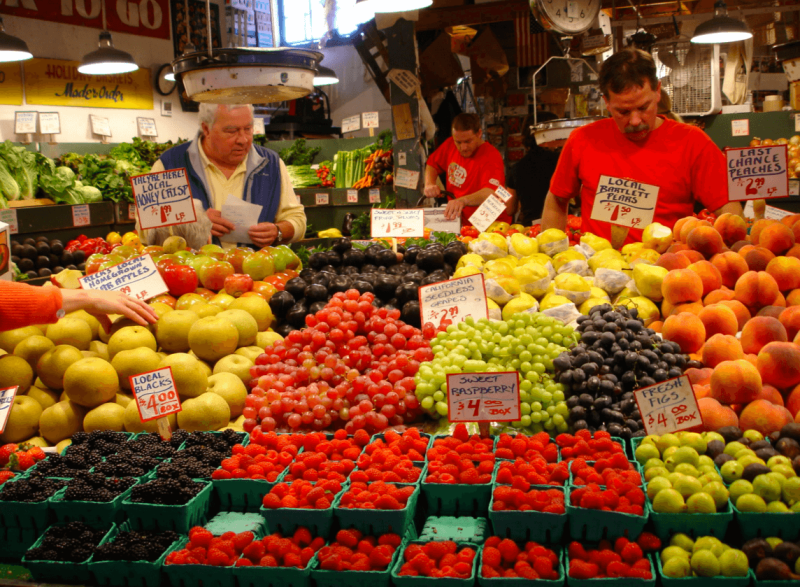The GLP aggregated and excerpted this blog/article to reflect the diversity of news, opinion and analysis.
While I may not agree with most reasons for doing so, I understand that some people want to avoid GMOs. So, here is the straight answer of what you need to do to avoid GMOs at the grocery store.
. . . .
- Hawaiian papaya is likely to be engineered for virus resistance, but papaya from other countries is probably not GE.
- Potatoes [GE potatoes] are not widely available, and are labeled “White Russet”.
- Apples [GE apples] are not available on the market yet, but will be labeled “Arctic”.
- Some yellow squash and zucchini has GE virus resistance, but it is not widely used.
- Some sweet corn has GE insect resistance or herbicide tolerance, but it is not widely used.
- . . .the varieties of soy used for edamame and tofu are not GE. (Most of the soy varieties used for many other vegetarian mock-meats are GE. . .)
There are no GE animals on the market.
- Salmon that has a GE trait has been approved by the FDA but is not on the market. . . .
- Many animals are fed GE plants but there is no evidence that an animal fed on GE plants is different from an animal fed non-GE plants.
. . . .
In the processed foods section:
- . . . Most processed foods contain some ingredients derived from a GE crop. For example, corn syrup is likely to be from GE corn and soy lecithin is likely to be from GE soy.
- However, highly purified ingredients such as oil and sugar are identical whether they are from GE or non-GE crops.
- There are also many vitamins, enzymes, and other additives that are made with genetically engineered bacteria or yeasts. . .
Read full, original post: How to avoid GMOs































